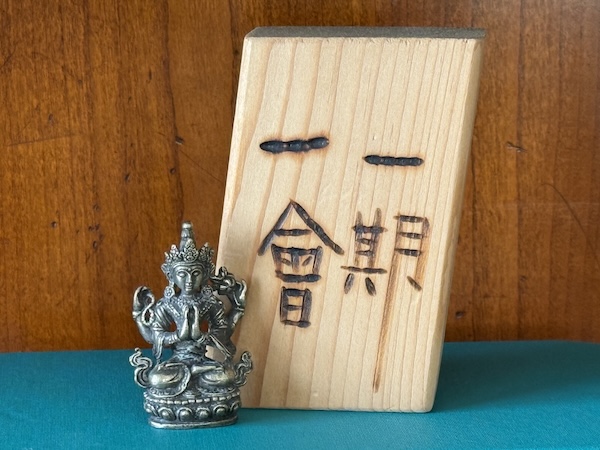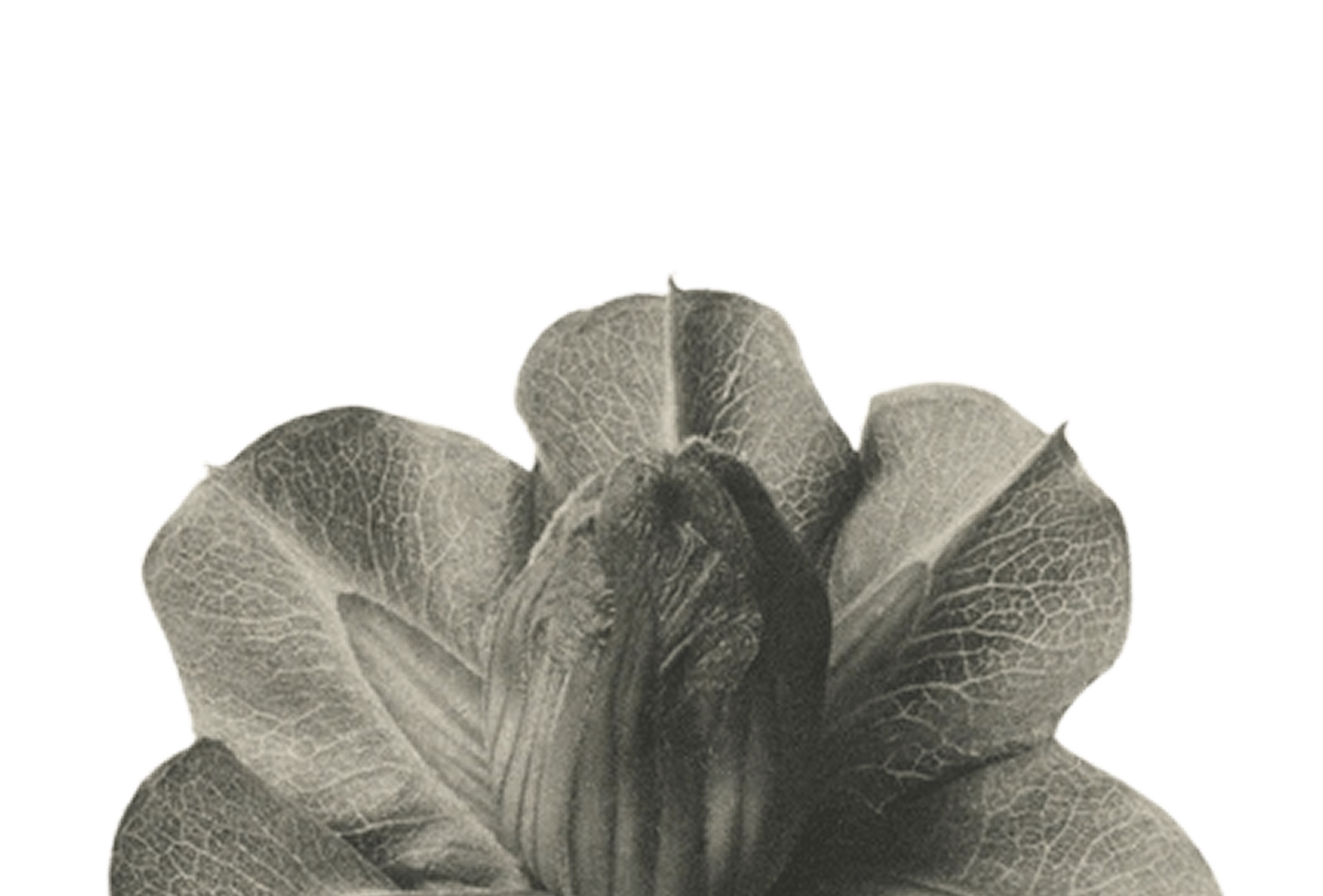
Dear friends:
Welcome to the first installment of Little Buddhist Days!
I’ve just returned home from giving a talk in Virginia, and still feel candescent with gratitude for the warm hospitality and open-hearted candor of the students and faculty and staff and community members I met over the course of my two days at the University of Lynchburg.
You may be here as a recent subscriber—welcome!—or because you’ve been migrated from my old newsletter, which had neither a name nor a regular schedule. This newsletter has both, as the welcome message for new subscribers explains. Since most of you are technically existing subscribers, you won’t be getting this welcome message in your inbox, so I’ll copy it here instead:
Thank you for joining the readership of Little Buddhist Days!
The title of this newsletter is also its cadence. I’ll be sending these letters on the first- and third-quarter moons, i.e. the little holy days (วันพระเล็ก wan phra lek) of the Thai lunisolar calendar.
Writing, for me, is a slow-going and sometimes-lonely undertaking. These letters are a way to connect with all of you on a ritual calendar, a place to riff on Buddhism, culture, creativity, and care for the simple pleasure of it. I hope these messages can offer a modest word-hut of refuge for you as the reader (as they do for me as the writer).
In the spirit of dāna, this newsletter will always be free, with an option to help support the operating costs if you’re so moved. If you’ve opted to give, thank you for your generosity. And if you’re reading these words, thank you for the gift of your time.
You can manage your subscription preferences at [this personalized link], unsubscribe at any time at [this personalized link], and browse the newsletter archives here.
Huge thanks to all of you who’ve reached out over the years to reassure me that these messages aren’t falling into a black hole, and to nudge me into writing more often. Most recently: Adriana DiFazio, who I had the joy of talking ethics/writing/Buddhism with at this year’s Roots and Refuge retreat; Jisan Tova Green, whose “When You Hear a Cello Poem” has inspired a writing experiment of my own; and Quyên Nguyễn-Hoàng, whose stunning translation of Nguyễn Thanh Hiện’s Chronicles of a Village just won the Northern California Book Award for California Translation in Prose—congrats!
Special thanks to the wildly talented and super-fun-to-work-with Geena Chen for helping this tech-avoidant (really, tech-inept) millennial set up not only this newsletter but also a newly redesigned website, where the Little Buddhist Days and pre-LBD archives are now housed, along with my other writing.
Speaking of writing: Later this year I’ll share more about Emergent Dharma: Asian American Feminist Buddhists on Practice, Identity, and Resistance, an anthology in which I have a chapter that was both hard and healing to write (“My Mother Remains: An Immigrant Daughter’s Buddhist Reckoning with Filial Debt”). For now, I’ll say that it’s an honor to share the pages of Emergent Dharma with Thanda Aung, Funie Hsu/Chhi, Nalika Gajaweera, Mushim Patricia Ikeda, Jane Naomi Iwamura, Naomi Kasumi, Mihiri Tillakaratne, Tâm Thâm Tịnh, Syd Yang, and our intrepid editor Sharon Suh. The book comes out December 9, so if you’d like to support the project, you can preorder a copy or request it from your local library.
As I wrote last month, lately I’ve been reflecting on rest, rhythm, and ritual in the face of alarming times. Perhaps all times in human history have held ample cause for alarm, but the “lately” I’m referring to spans the ten-plus months from my last newsletter of 2024 to now. Chronic pain and illness have been regular companions and forthright teachers during these months; I have not always been an eager recipient of their lessons. When the pain and sickness were at their most acute, I thought I might not write these emails again (even as I found solace in others’ newsletters… hmm 🤔). I thought: living in this afflicted body, in a world racked with preventable suffering and senseless death, what’s the use of writing?
But then I revisited Sophia Mao’s essay “Stories to Rest Into,” written after the 2023 Roots & Refuge retreat: a benediction to go slowly and gently.
After that, I finally finished my overdue library copy of Paul Tran’s All the Flowers Kneeling, which begins with a poem about the mass-murderer-turned-Buddhist-monk Angulimala and ends with Nam mô A Di Đà Phật.
And then—with war and peace, brutality and liberation, in mind—I opened my neglected inbox and read a haunting piece by Alaa Alqaisi, recommended by Rev. Beth Goldring, the Zen priest who introduced me to Buddhist chaplaincy in Phnom Penh, who worked in human rights in the West Bank and Gaza prior to moving to Cambodia.
When seasoned rhythms break down, what rituals sustain you? How do you keep time—and make room—for remembrance, rejoicing, repair, and the repetition of what matters most?
Earlier this month, poet Carl Phillips visited the University of Michigan to give an evening reading from his latest collection, Scattered Snows, to the North, followed by a morning craft lecture on economy (channeling Michael Palmer: words are sacred; writing is sacrament). I’d relished Phillips’ contribution to the anthology How We Do It: Black Writers on Craft, Practice, and Skill for its muscular precision. To my delight, I encountered the same quality in his spoken lecture.
Conclusions are boring, said Phillips, thereby resisting a grand finale to his analysis of several astonishingly brief poems, some of which he had only come to appreciate after many years of befuddled rereading.
Somehow this made me think of my most cherished letters, penned three decades ago by a grandmother’s hands whose warmth I felt for the last time in 2010. Nainai’s letters never ended on a flashy coda. Instead, she wrote about the flowers on her balcony.
On the other side of the world, I was just learning to read music. Her words held the promise of a fermata.
Occasion to pause. To stay the rush. To lose one rhythm and regain another.
Til the next quarter moon,
~Chenxing
